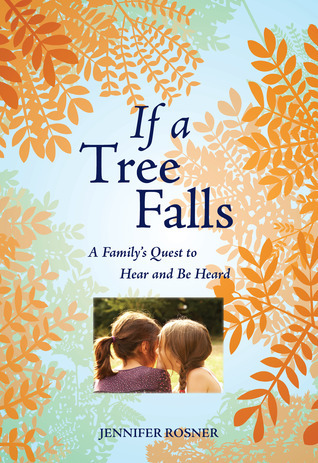What do you think?
Rate this book


256 pages, Paperback
First published January 1, 2010
Still, what was touched upon was done so in an interesting manner. Among her coping mechanisms was the creation of a fictionalized story in which family from several generations prior dealt with the same issues, without the medical advances available today. I felt this worked well as it represented the fantasy life we wish for our children, while acknowledging that sacrifice will always come into play.